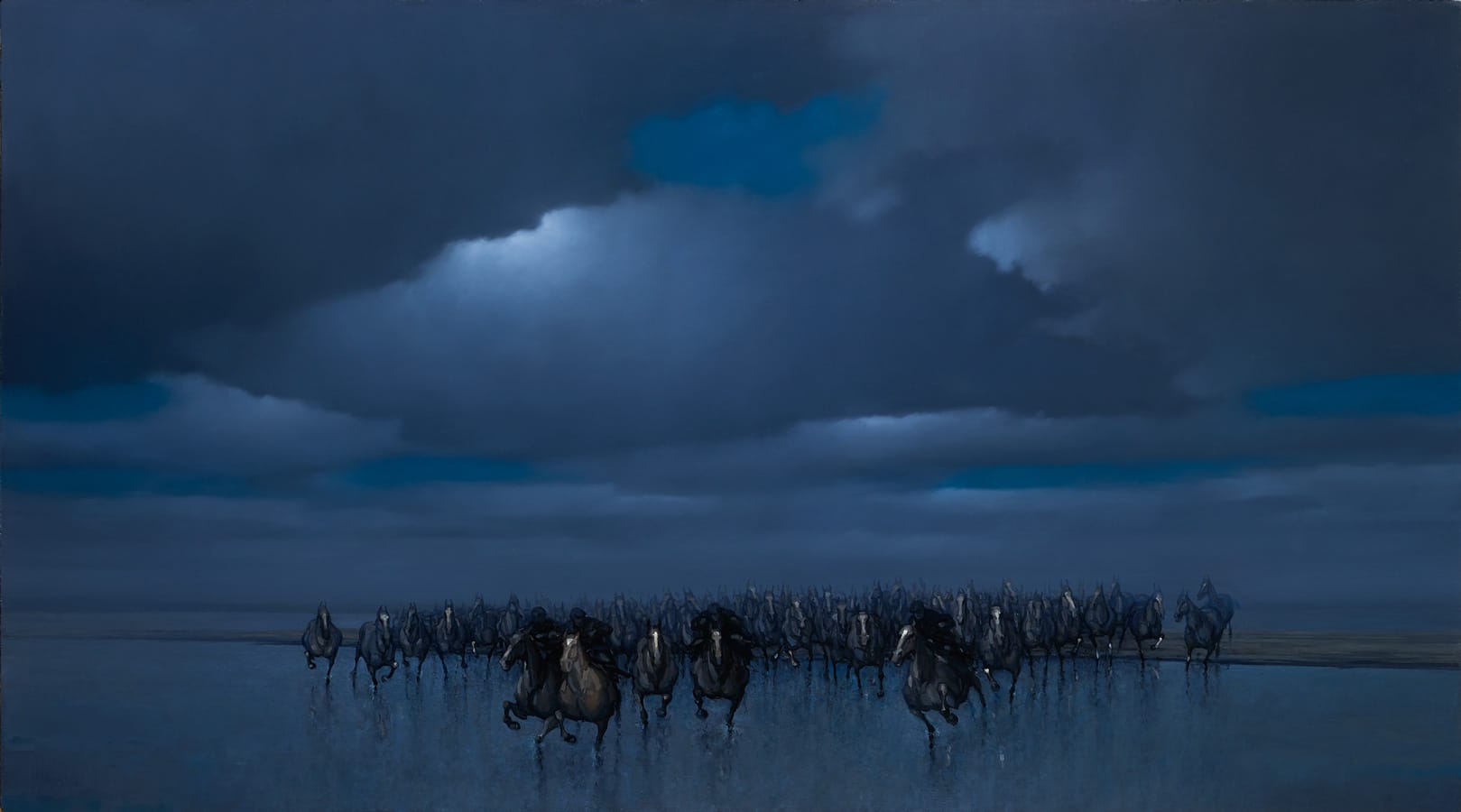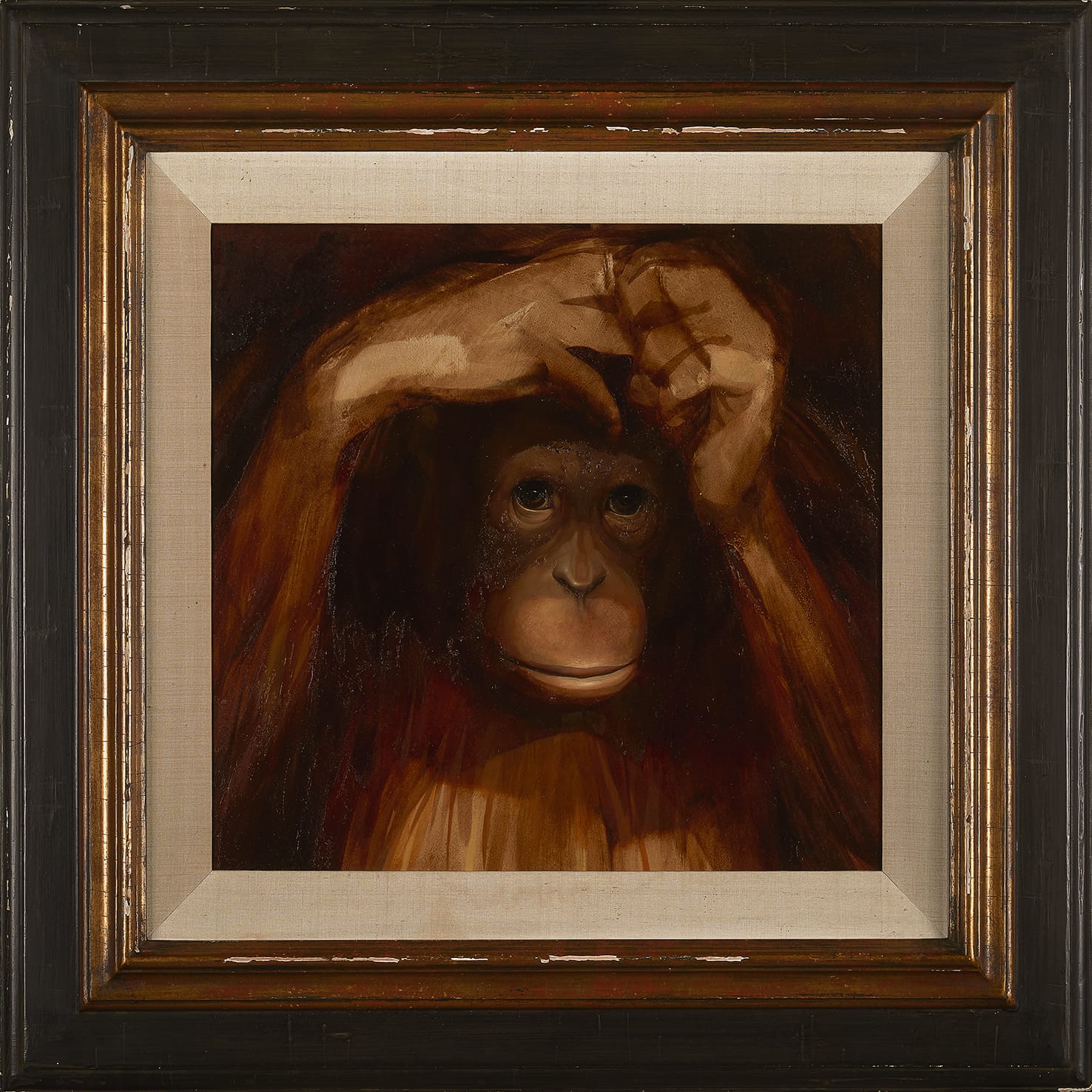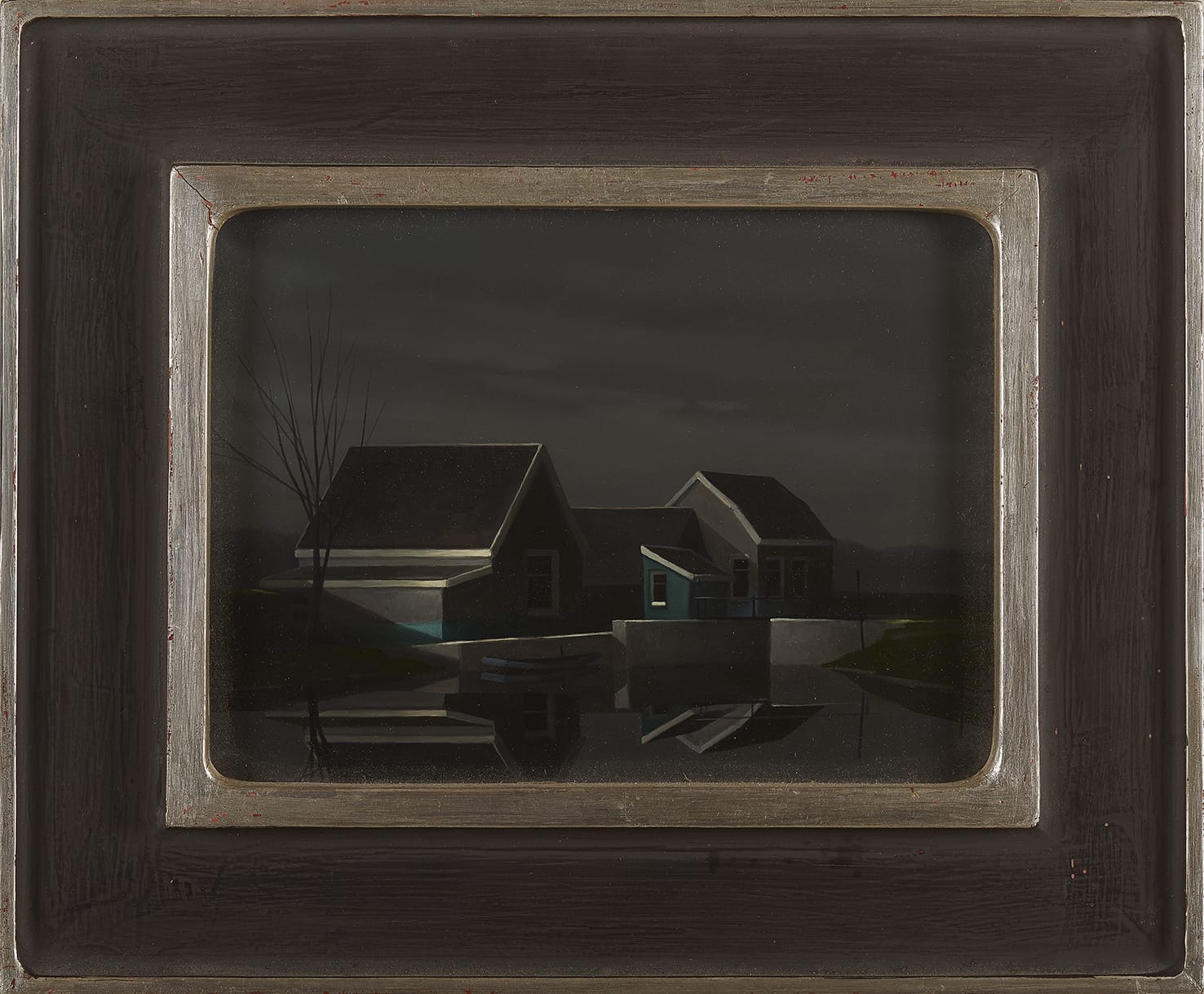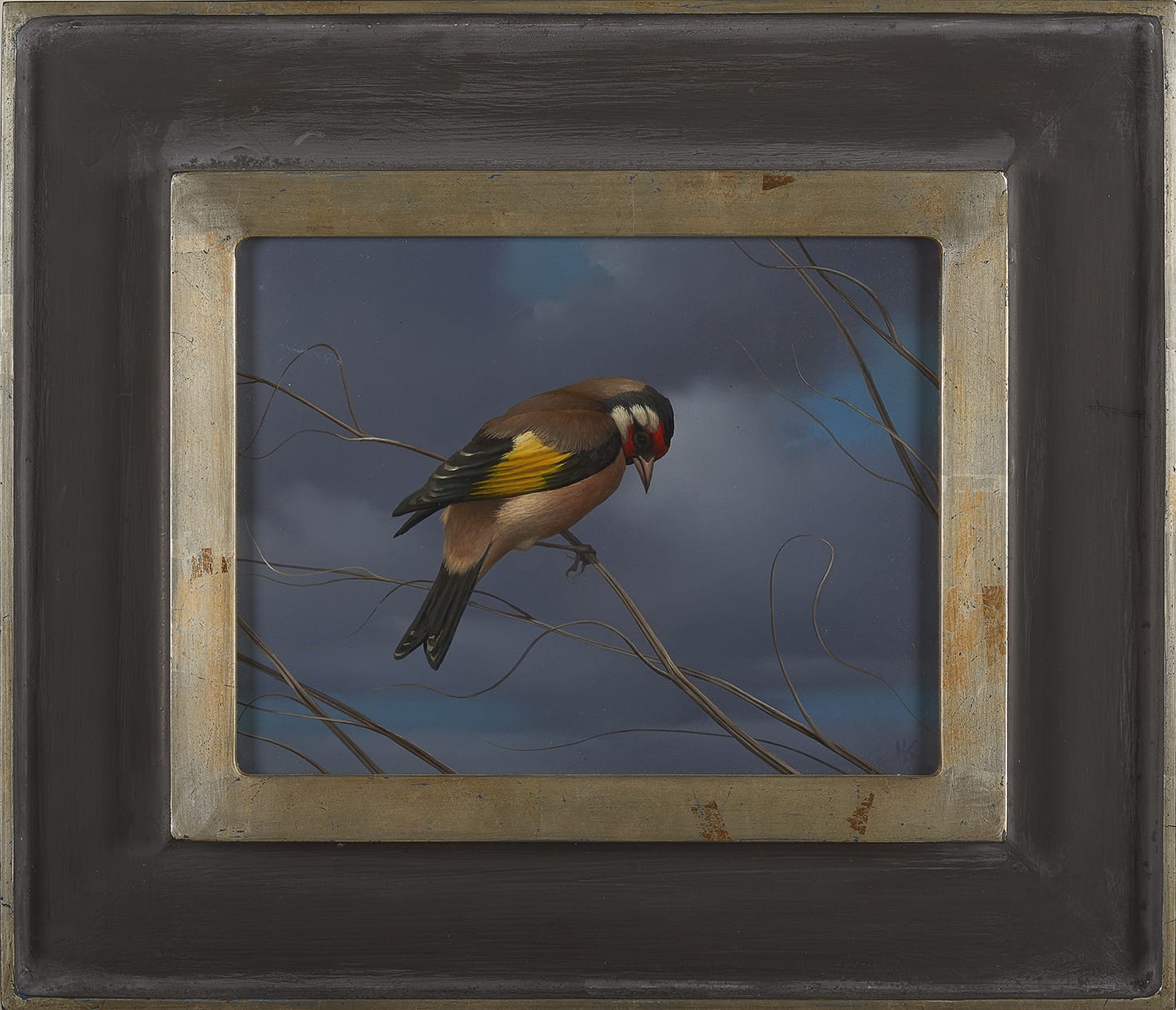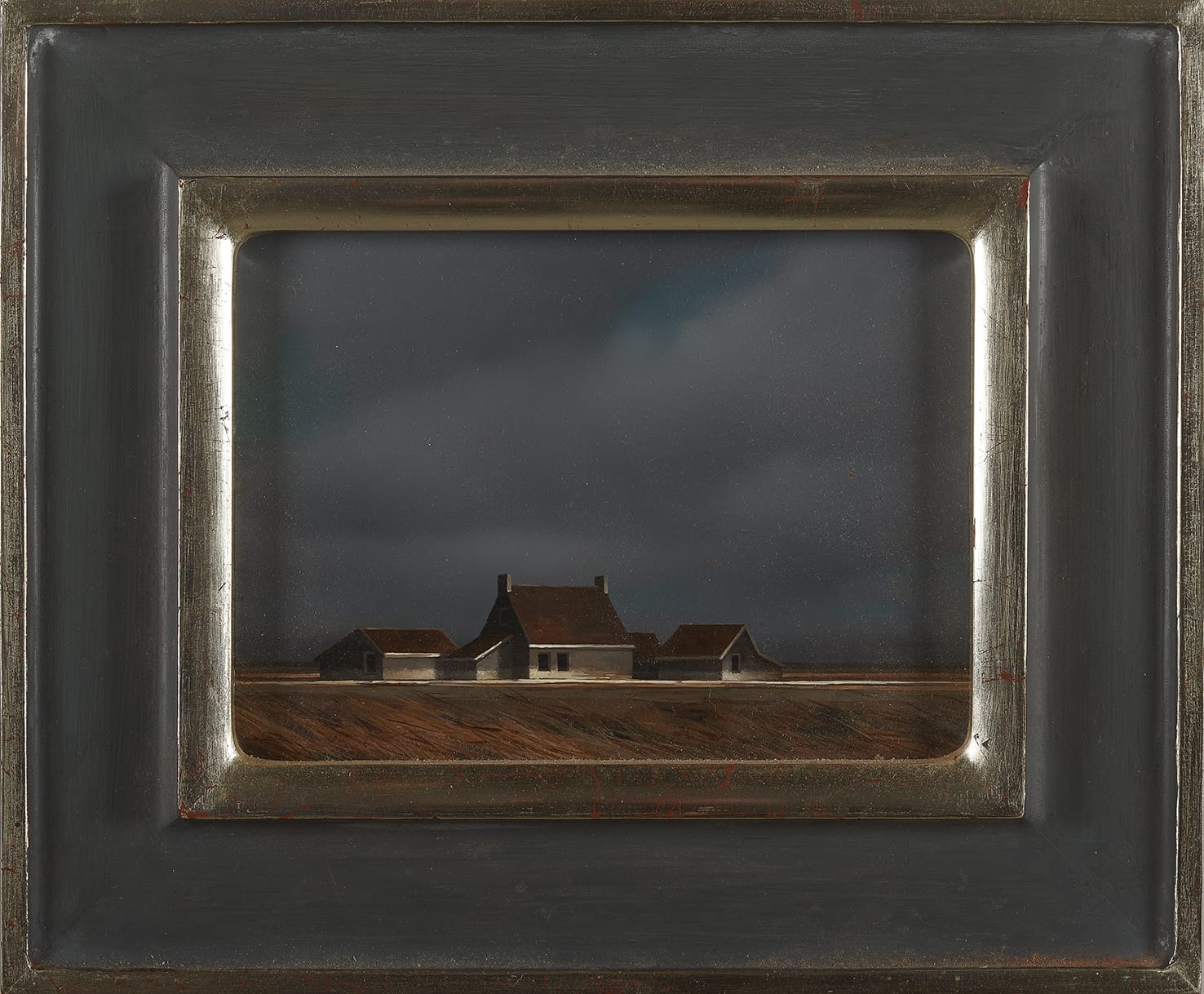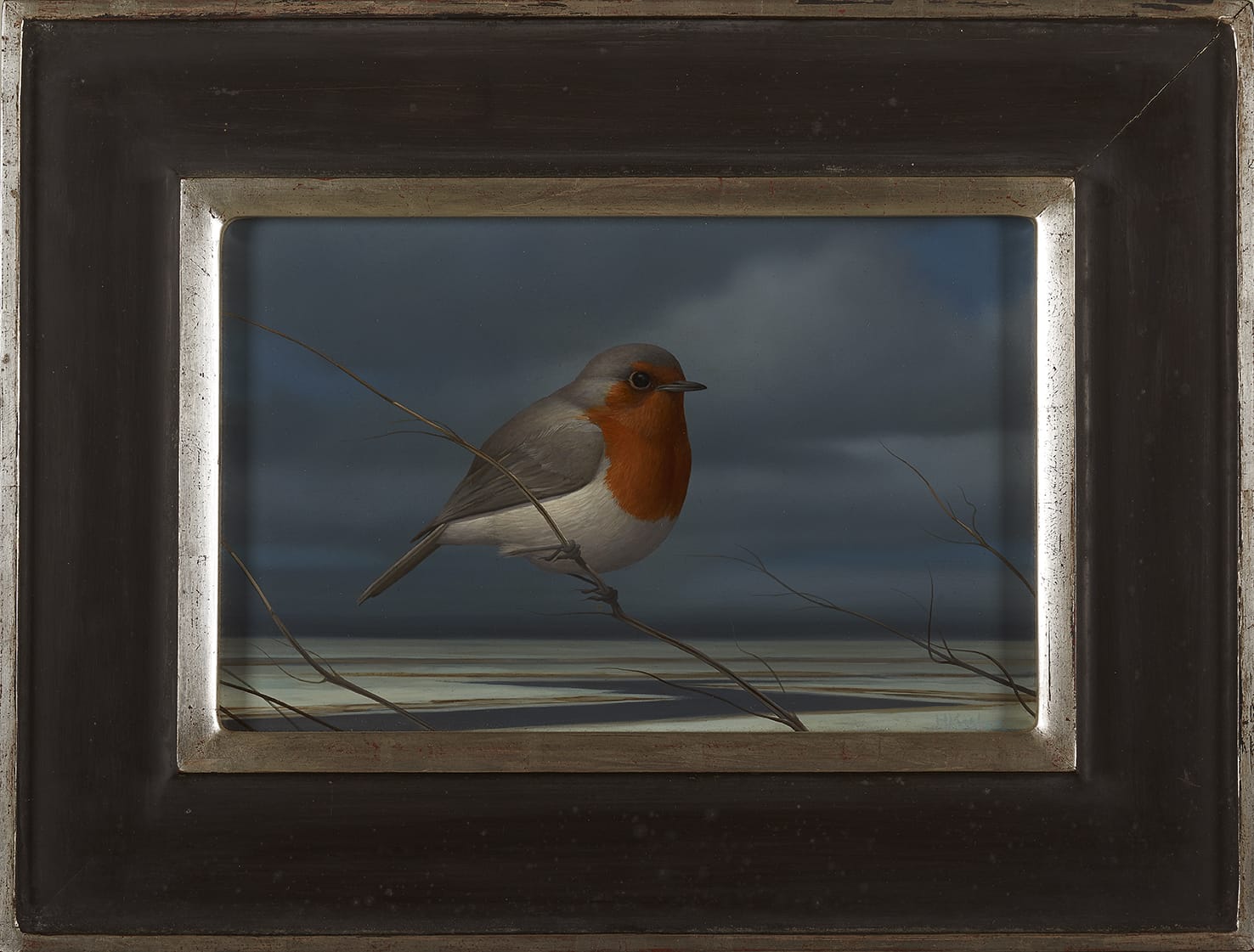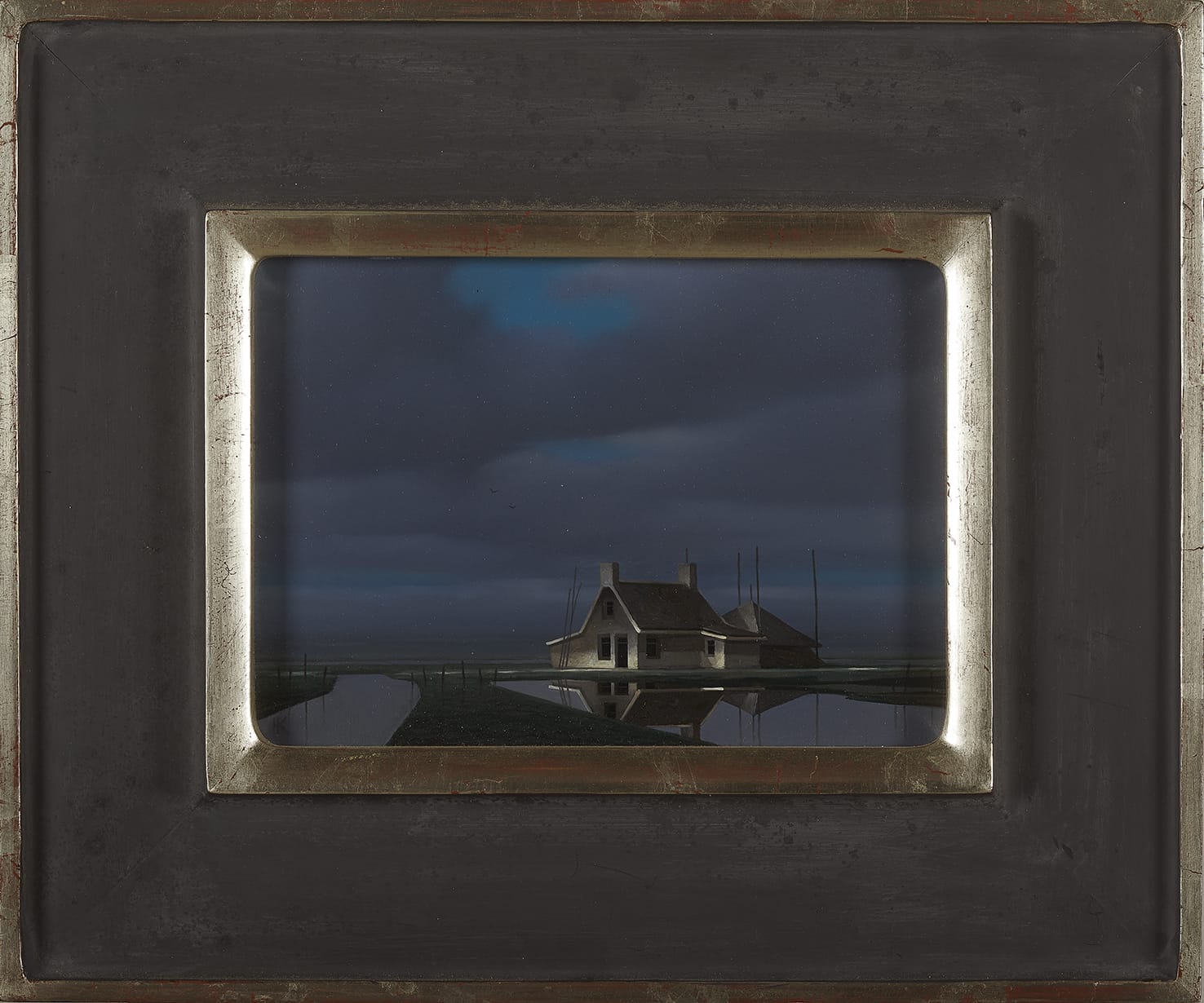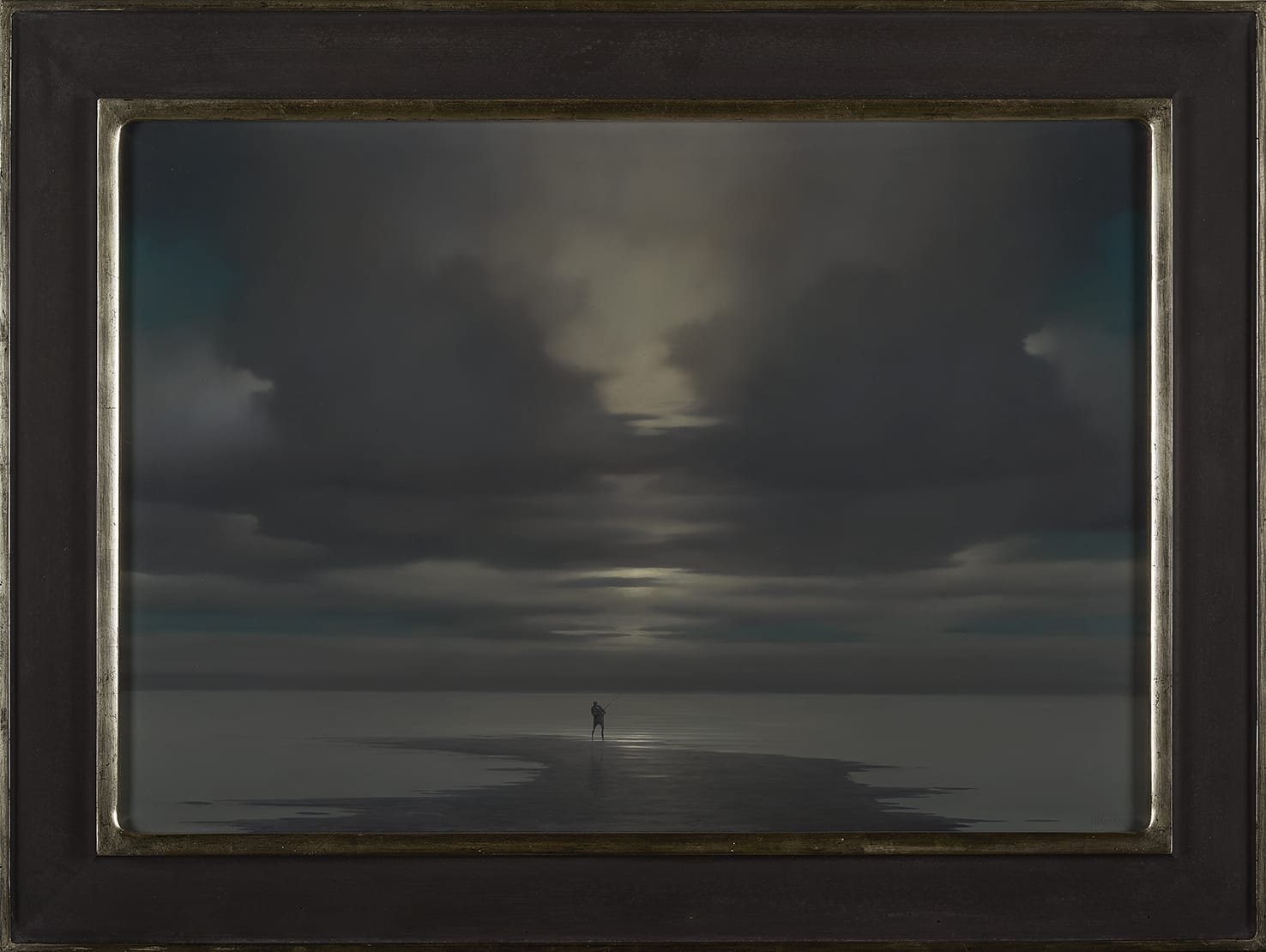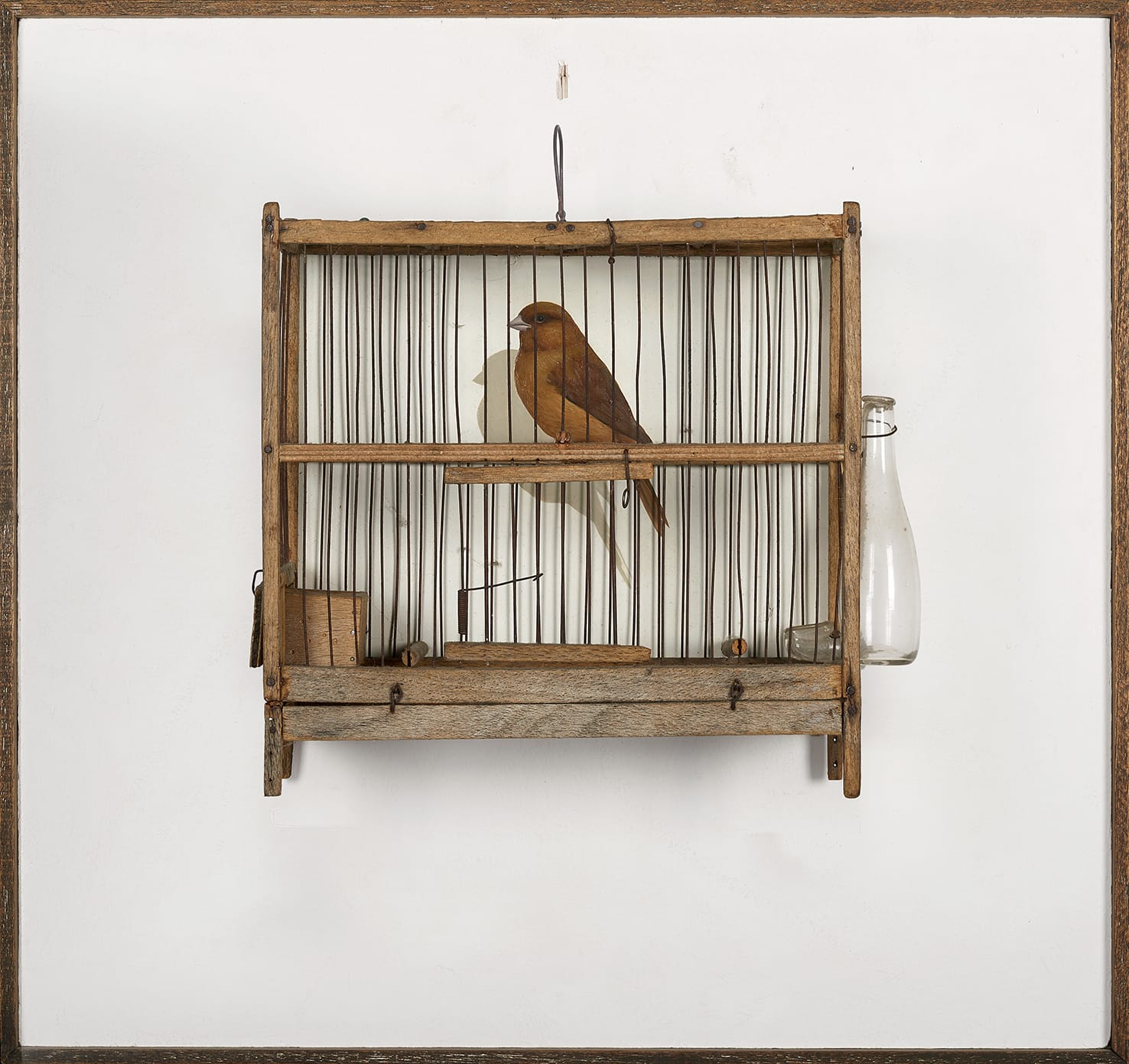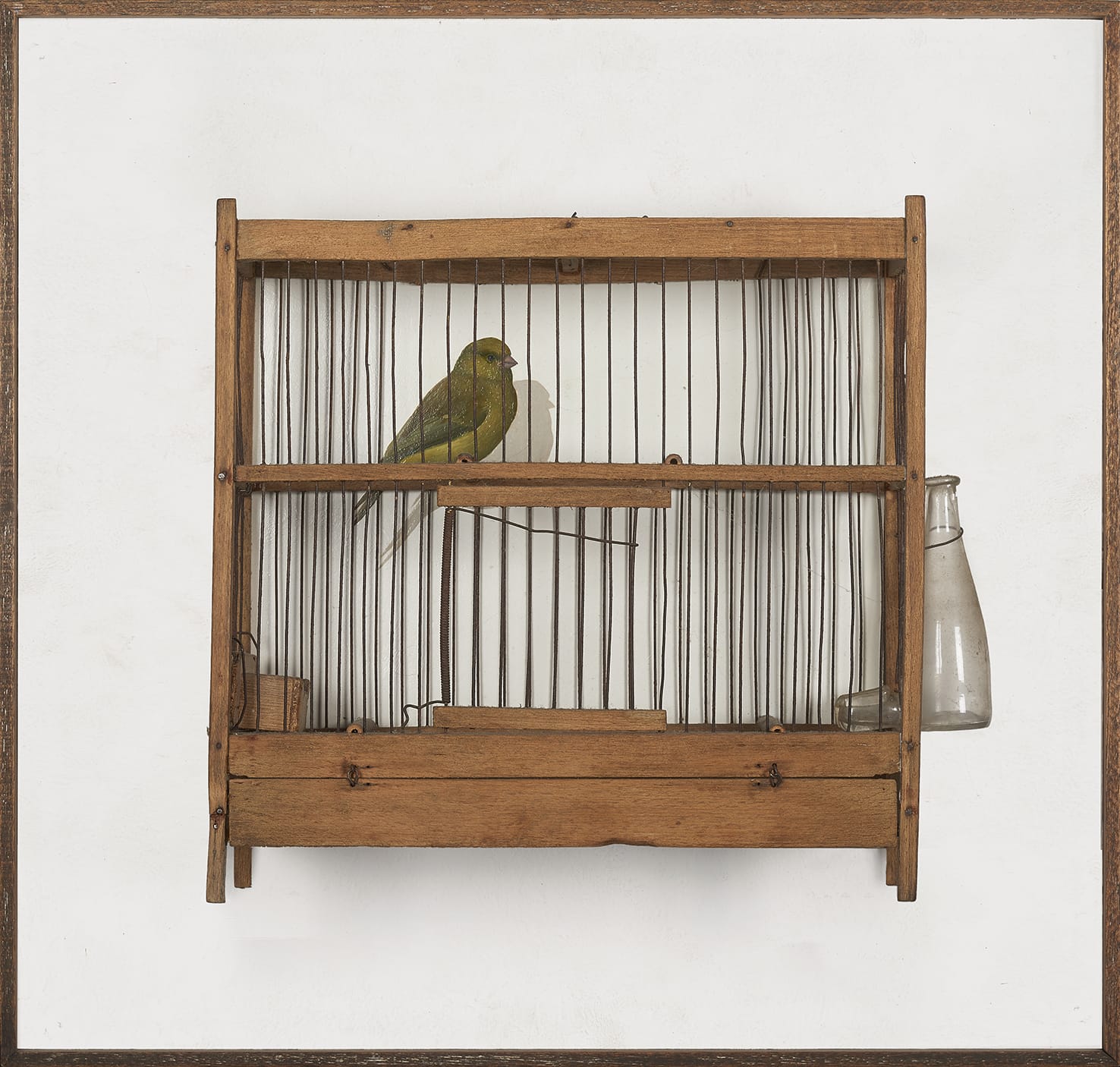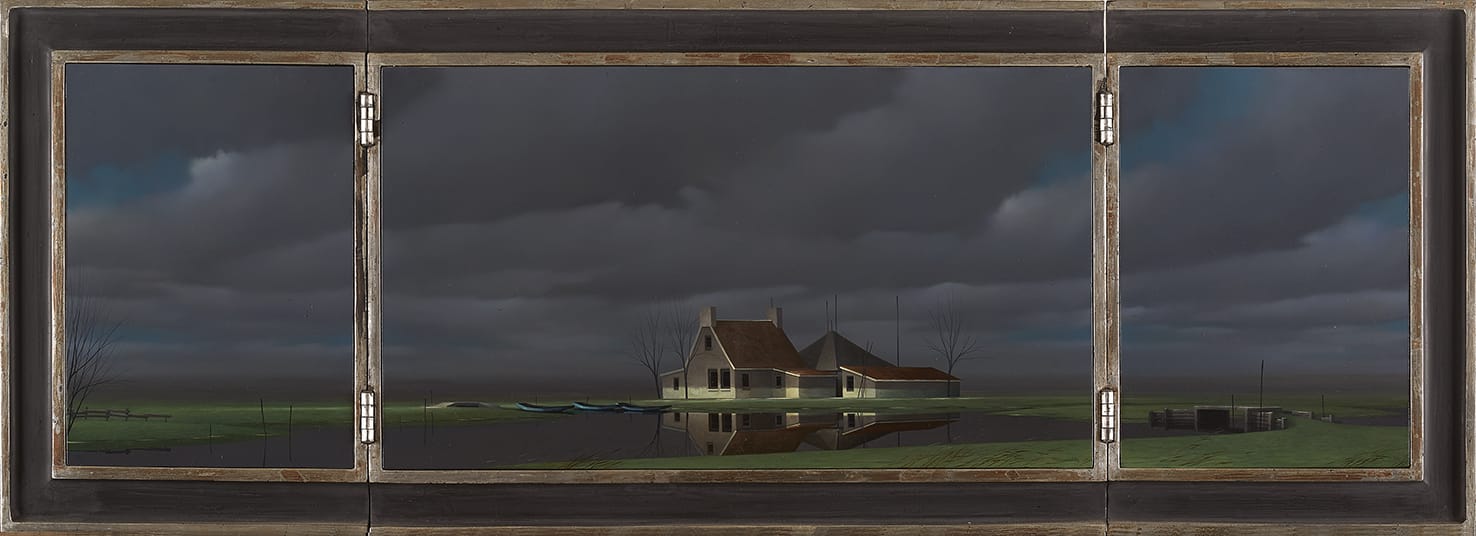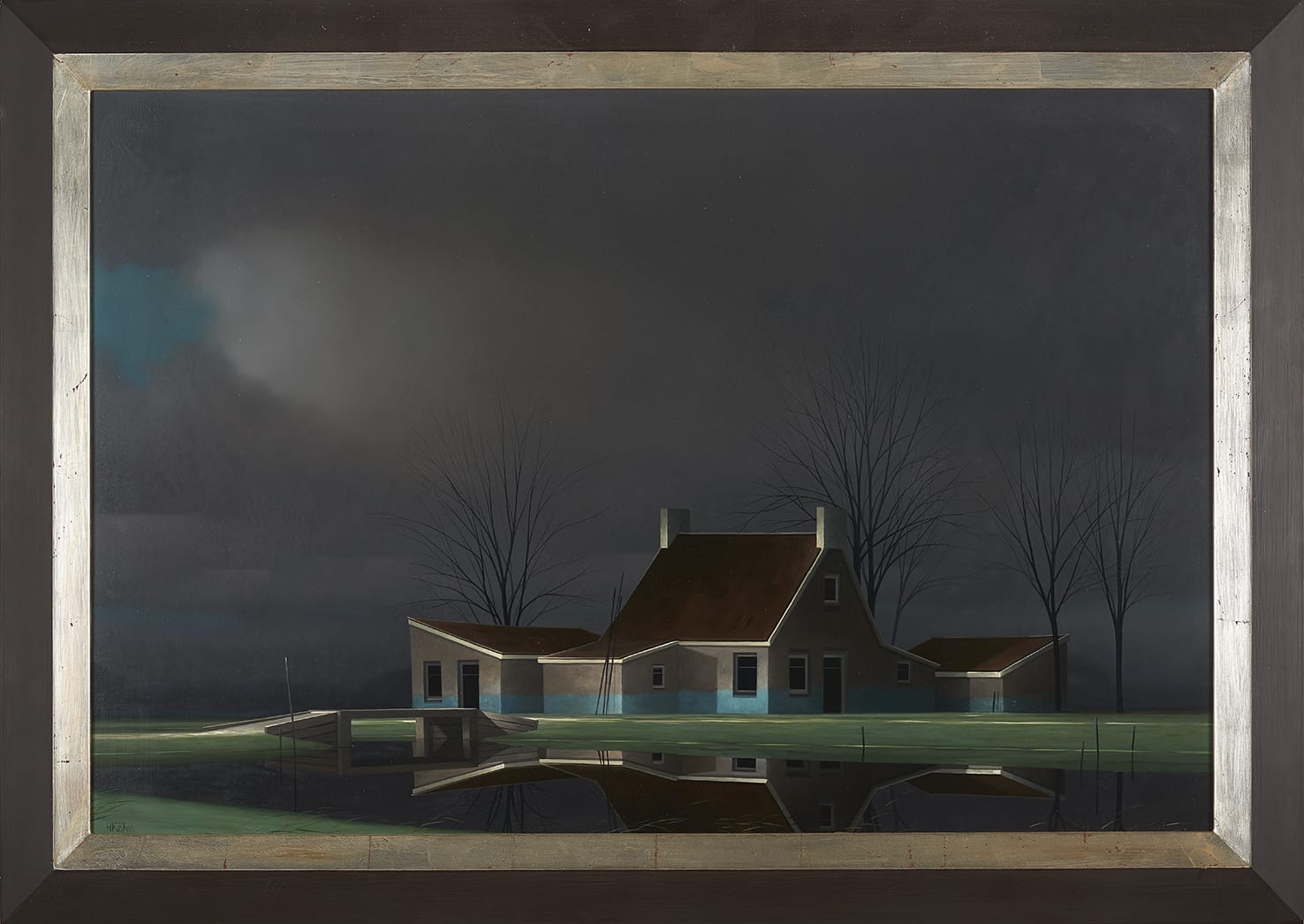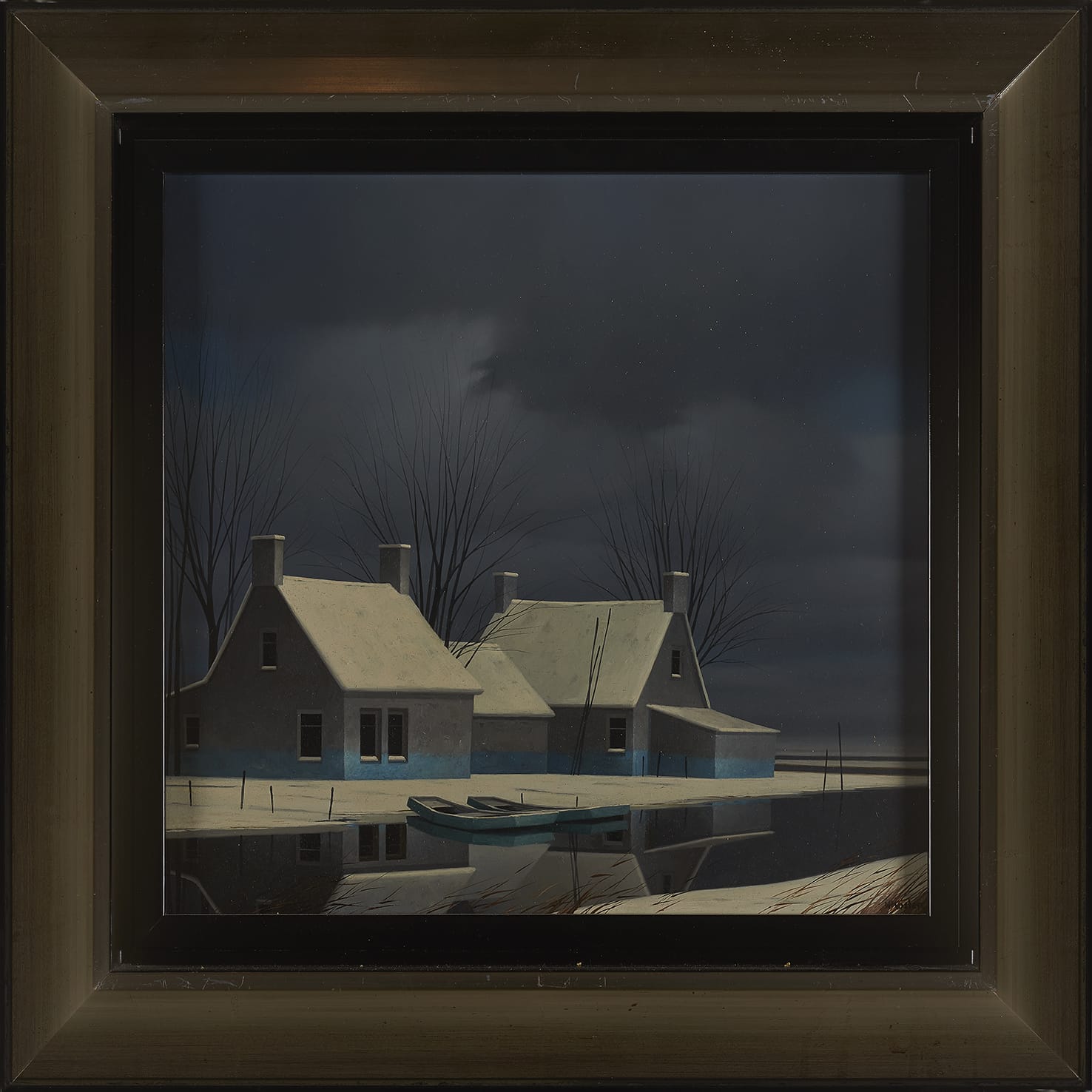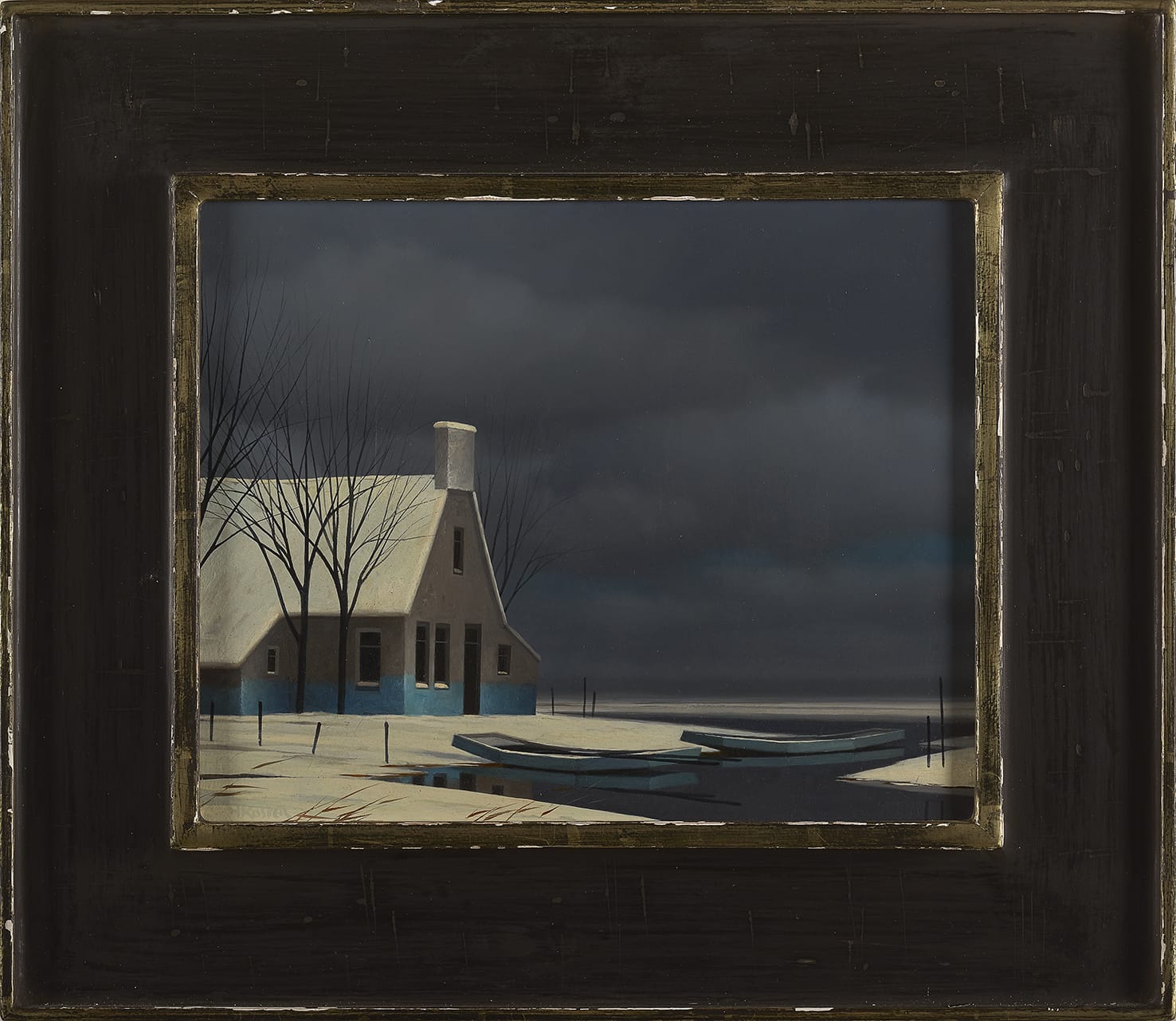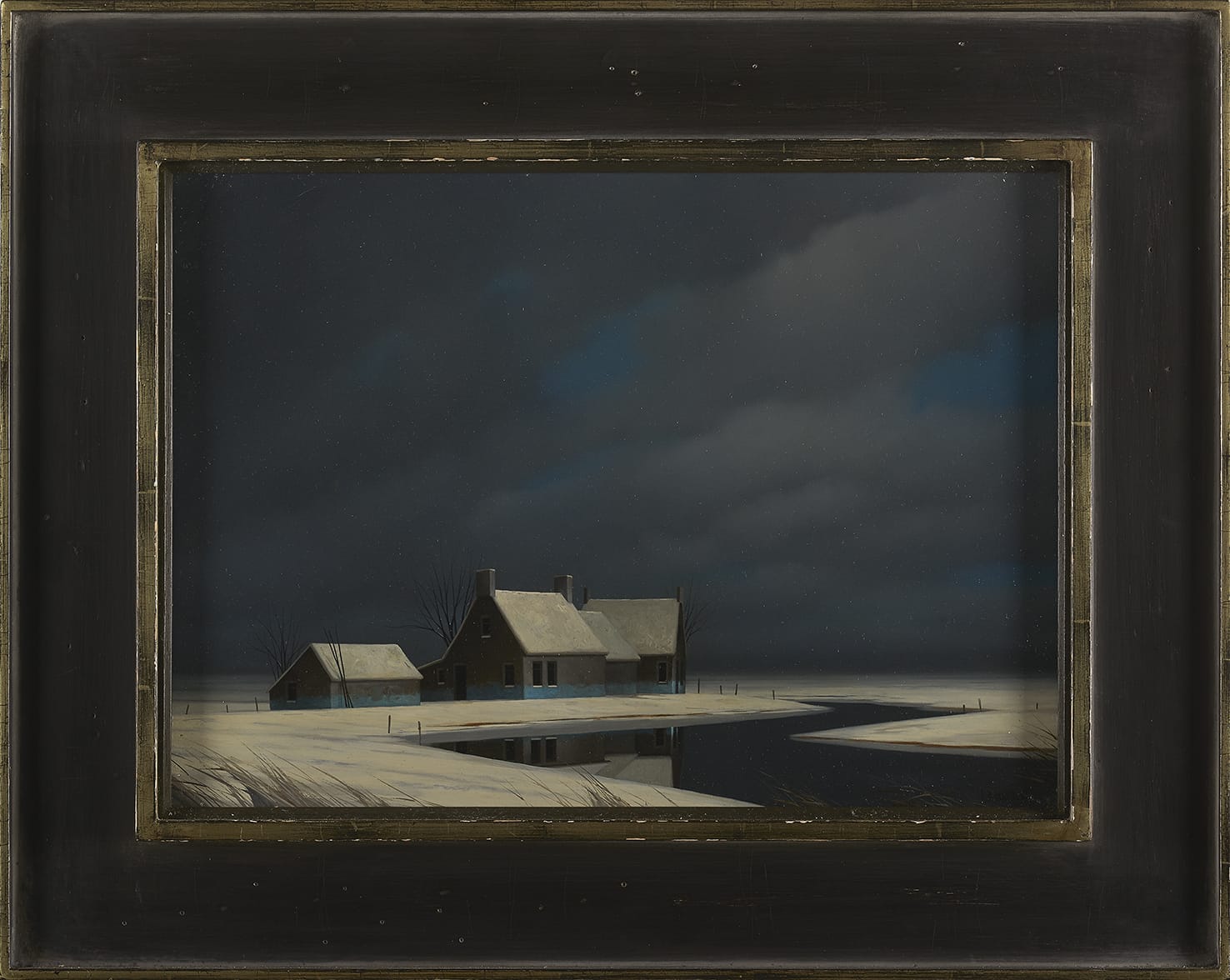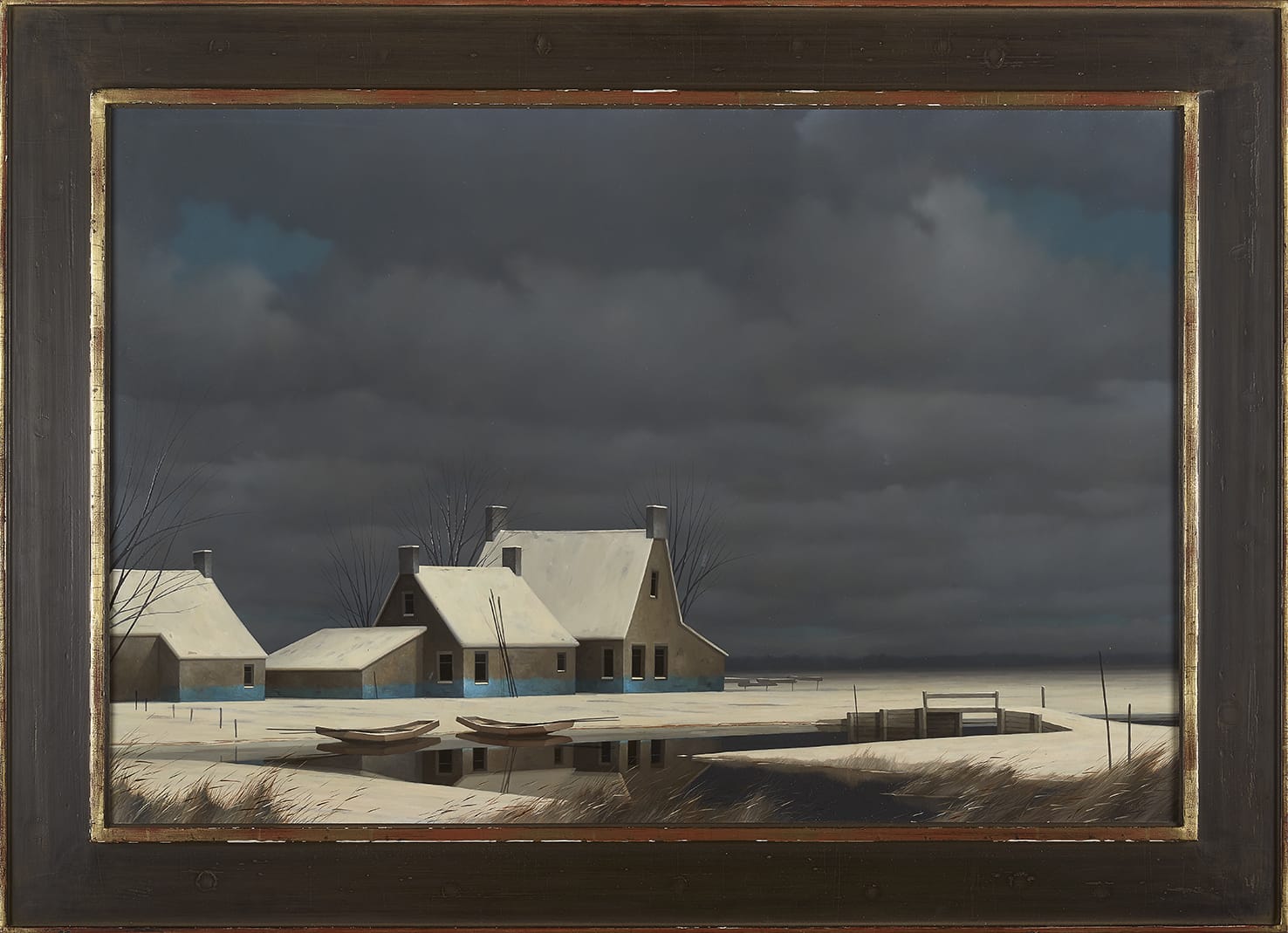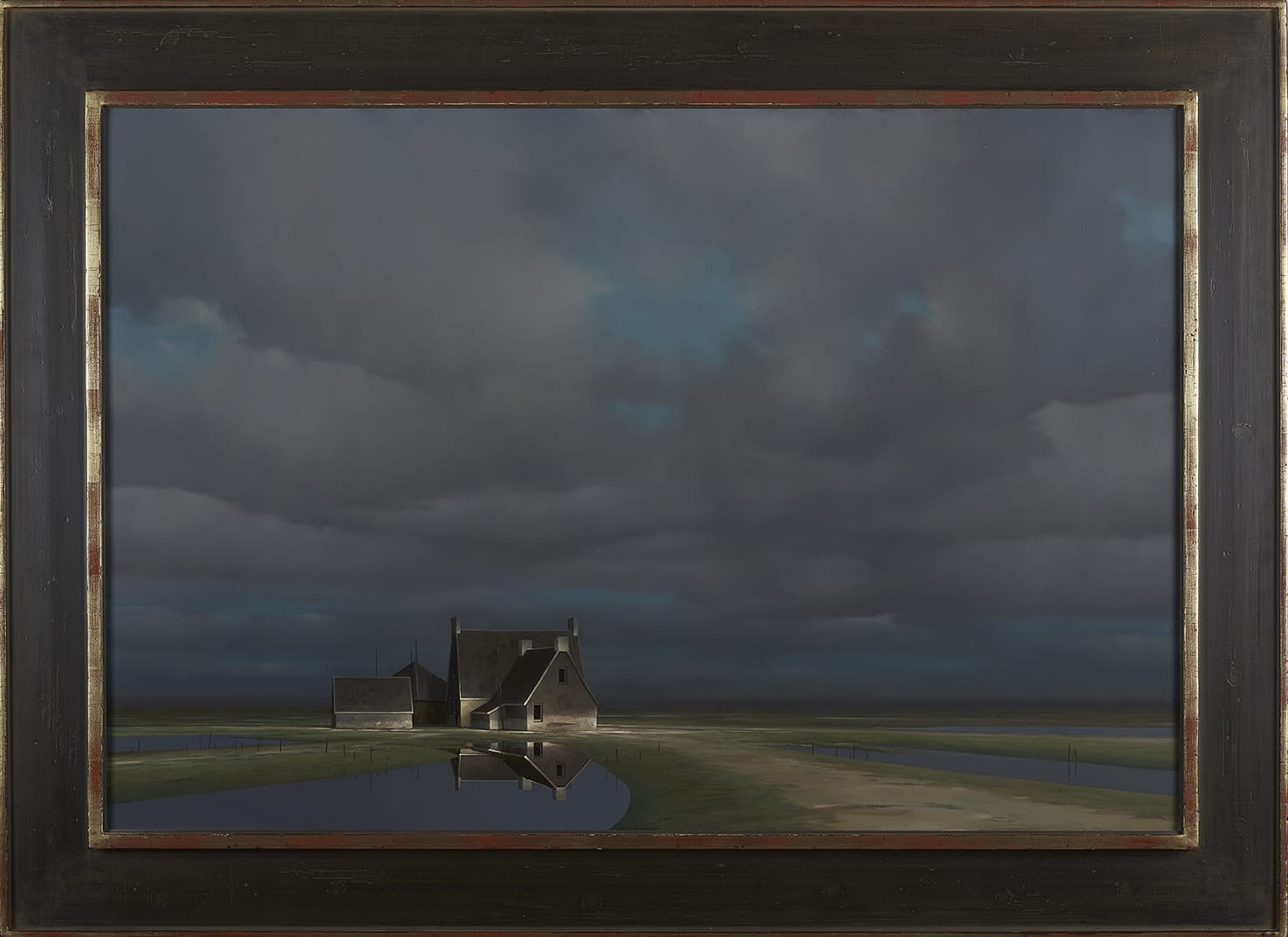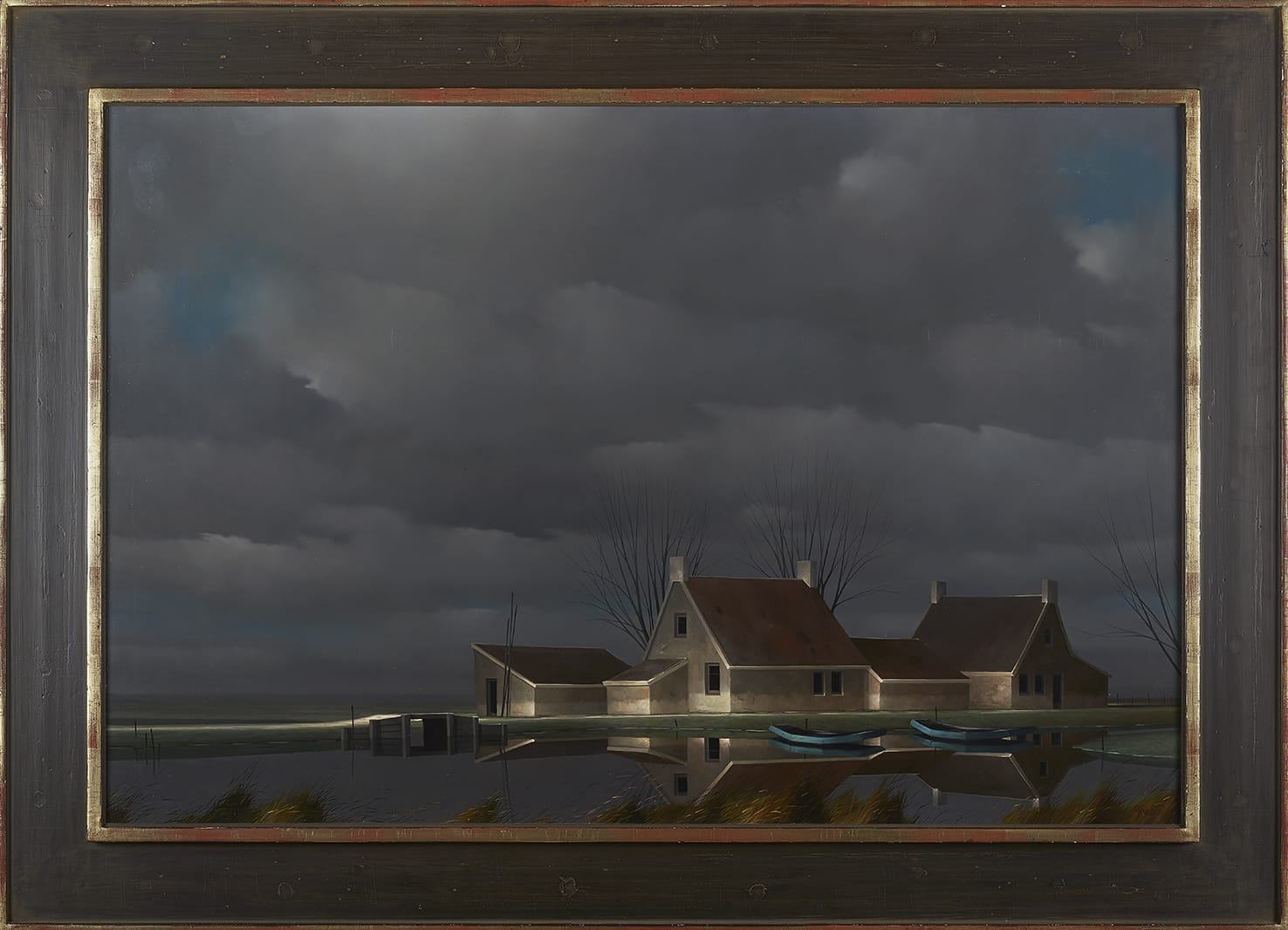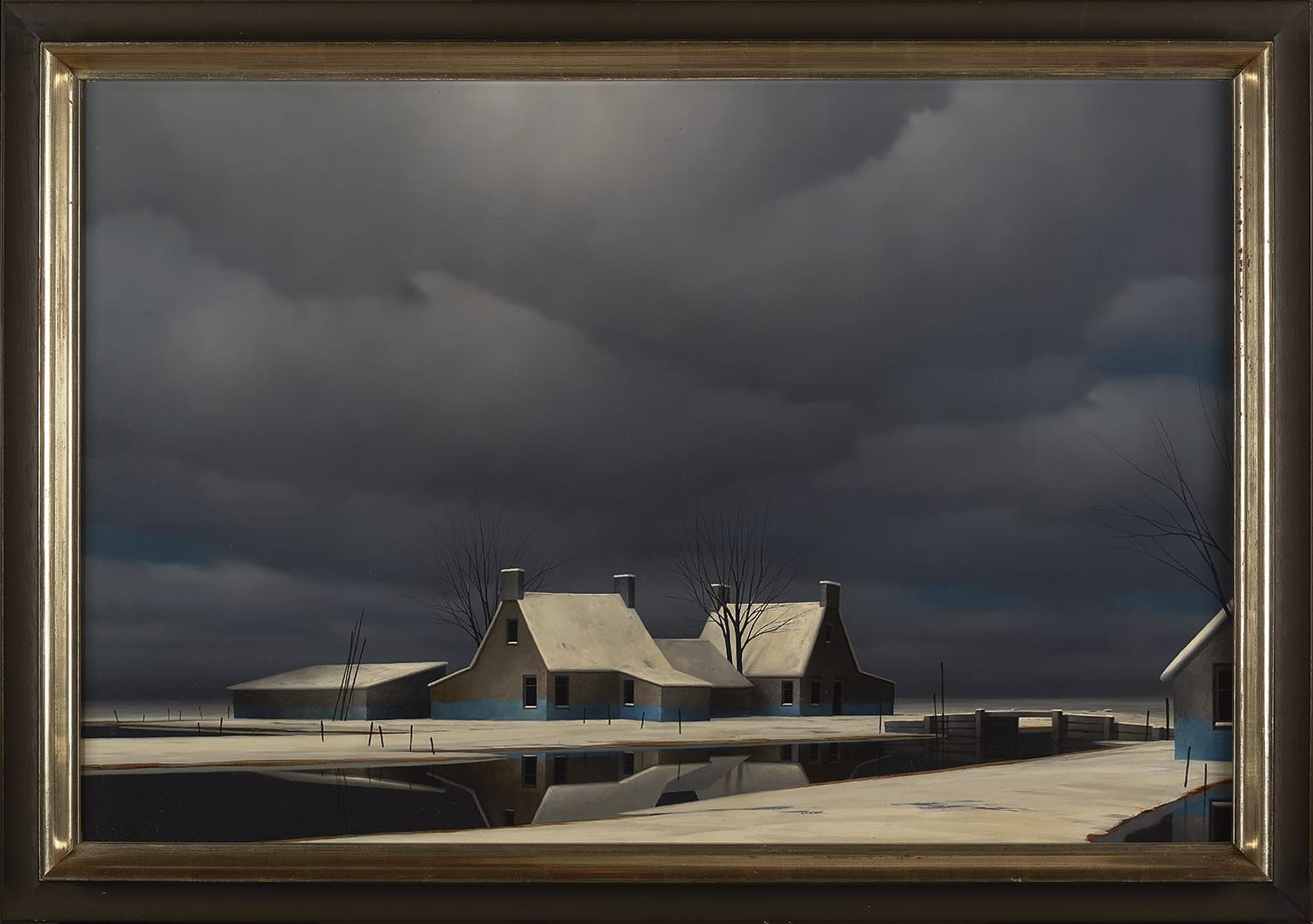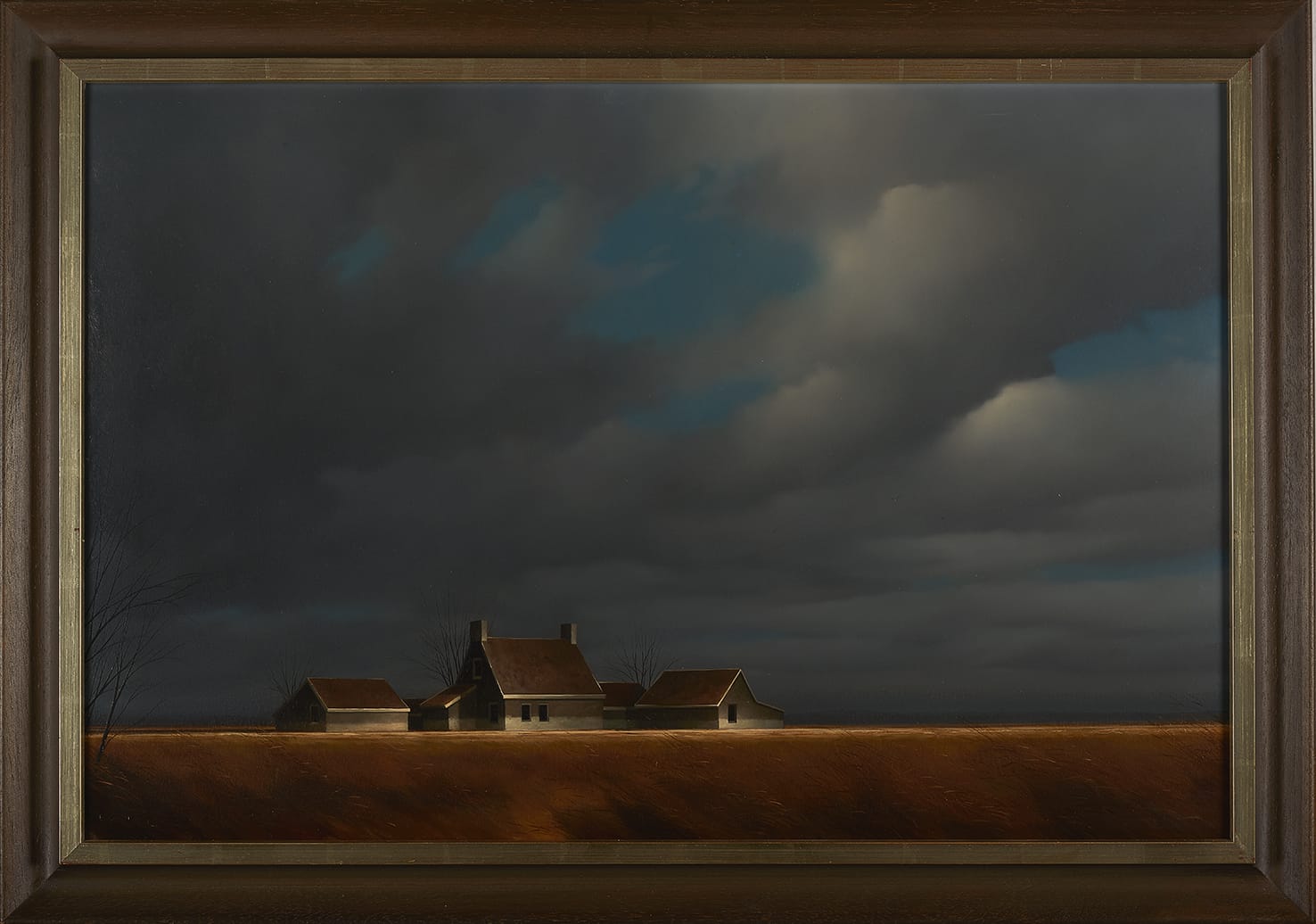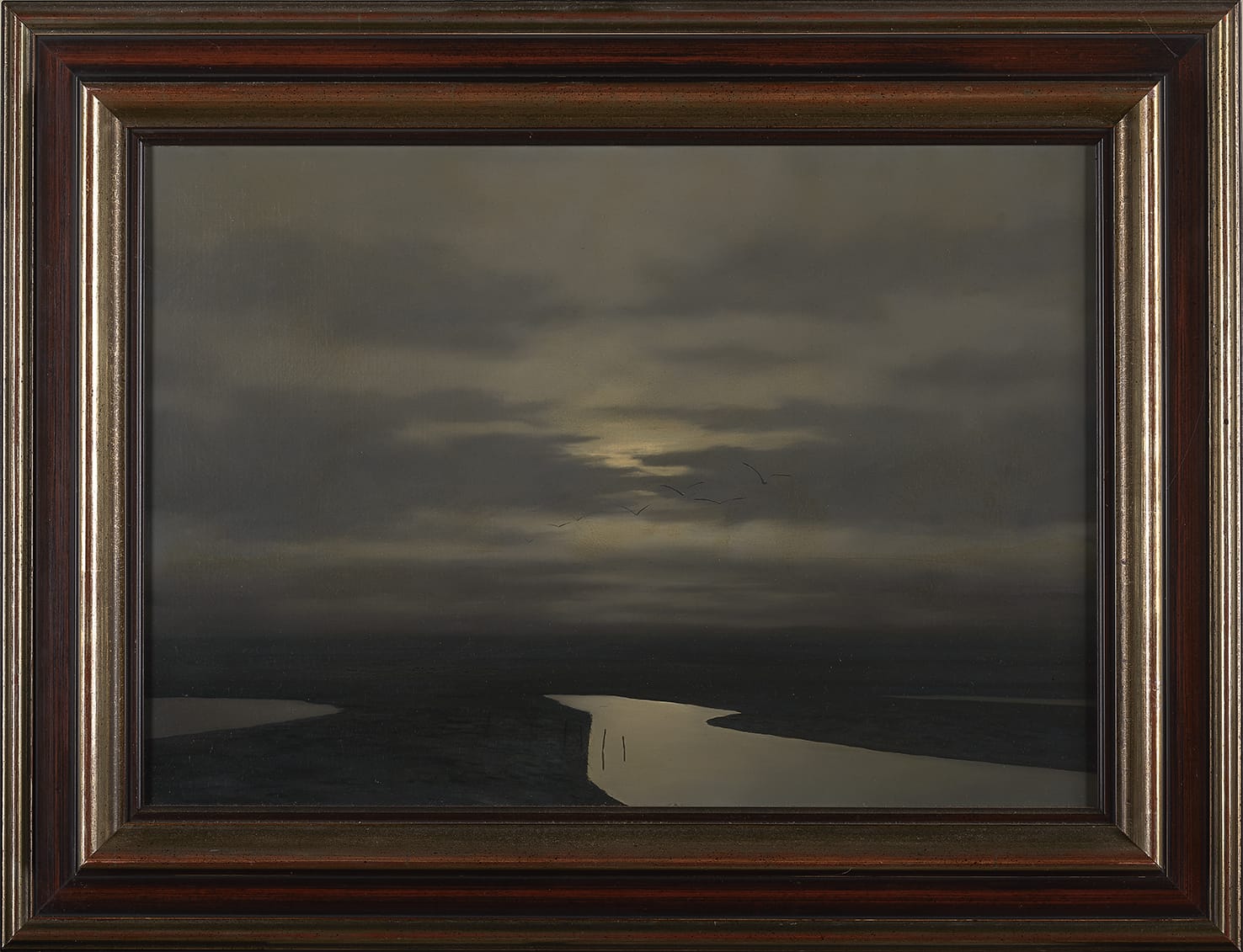FAMOUS ARTIST Harry Koster
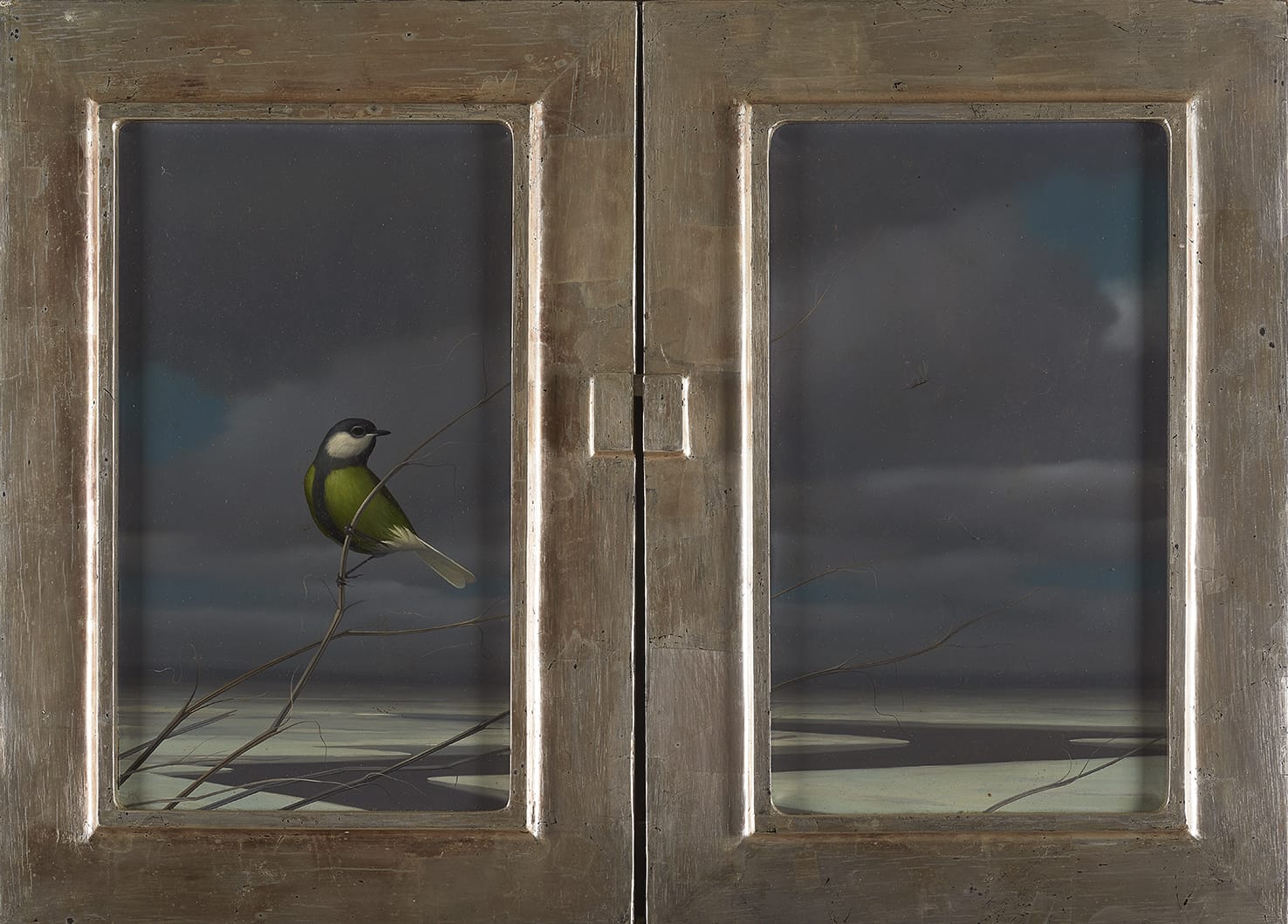
Where I come from, has paved the way
Biography
Yes, I knew already very early that I was going to paint. The reason was my uncle, who was an art painter. I often used to spend the night there. I grew up with the stench of paint. I started drawing from a very young age, ducklings and flies. As a little boy, of course, you sometimes consider other professions. For a while I wanted to become a brain surgeon. What brought that about, I don’t know. I found it fascinating. Or I wanted to do something with birds. But ultimately I’ve never really doubted: I wanted to paint. What surrounds you, infects you.
After high school I went to the Academy of Visual Arts in Rotterdam. In Rotterdam – because that’s where I grew up. At the academy I chose painting and sculpture. At the academy you learn how to look. Sculpture taught me a lot. If, for instance, I paint a birdie, I don’t paint it sloppy or loose. What I paint you could actually call monumental statuettes. If I paint a house, it turns into a kind of bunker – many details are missing, it becomes a symbol. In that, painting and sculpting coincide. I’m not able to paint a little farm with a small bench in front of it. I just can’t pull it off. The monumentality is missing. Frivolity I do not tolerate. Back to the core, the basis. That’s what it’s about, the shape of things. There you witness the parallel with sculpture. It is endless as well.
There are painters who I admire, Breitner for example. That’s how I would like to paint, but I can’t. I saw a nude by him, that thigh, with a palet knife, daubed on just like that. That’s what I would like to achieve.
After the academy I’ve never occupied myself with the art world. That world doesn’t interest me. The first few years after my schooling I worked in the studio of my uncle. Beside that, I did all types of jobs, because you must be able to pay the bills. After six or seven years the gallery holder Pieter Breughel came along and asked me if he could sell my work via his gallery. Ever since, I can live off my work. That, of course, is a luxury. Once every two years I held an exhibition. The gallery then would sell almost everything. So you could say that a little seat was shoved under my ass. It enables you to continue your trade.
In 1969 I ended up in Zierikzee. On these stinking mudflats here. At once these beautiful landscapes appeared before you. In splendid streaks. That was the moment when I thought: so it should be. Of course your handwriting develops continuously. I like perfection. You have to keep on looking, change this, shift that. You keep on looking at the same painting for months.
No, I have never occupied myself with to which movement I now belong. I sometimes say that I place myself among the magic-realists. That serenity, that monumentality. I work in a completely different way than for example Willink or those others. Yet somewhere in that direction. Magic hides in serenity.
The impulse to start each day again is the desire to continually improve myself. I can’t picture myself being satisfied with a painting. It’s about the struggle. I hate the struggle and I find the struggle thrilling. Could you imagine yourself always doing the same thing? Wouldn’t you like to improve yourself each day? That’s why I can also sell paintings. Every time I think the next one will be even better. That is my motivation.
Yes, of course there are moments of content. I’ll always remember them. I made a certain painting…that one I would like to have back…Of that painting I still remember everything…each detail…that was 30 or 40 years ago.
I find it difficult to discuss my work. There are no fixed lines within which I think. You got a load of words, you put them together, but they don’t catch what you mean. How should one describe it?
My father was a great admirer of music, poetry… it runs in the family. Art was common in the family. If I as a child was ill, my bedroom would be hung with the remains of newspaper rolls. I’d be handed crayons and was allowed to cover the whole wall with my drawings. If the whole space was filled, new paper would be fetched. That’s what they call being privileged. Where I come from, has paved the way.

